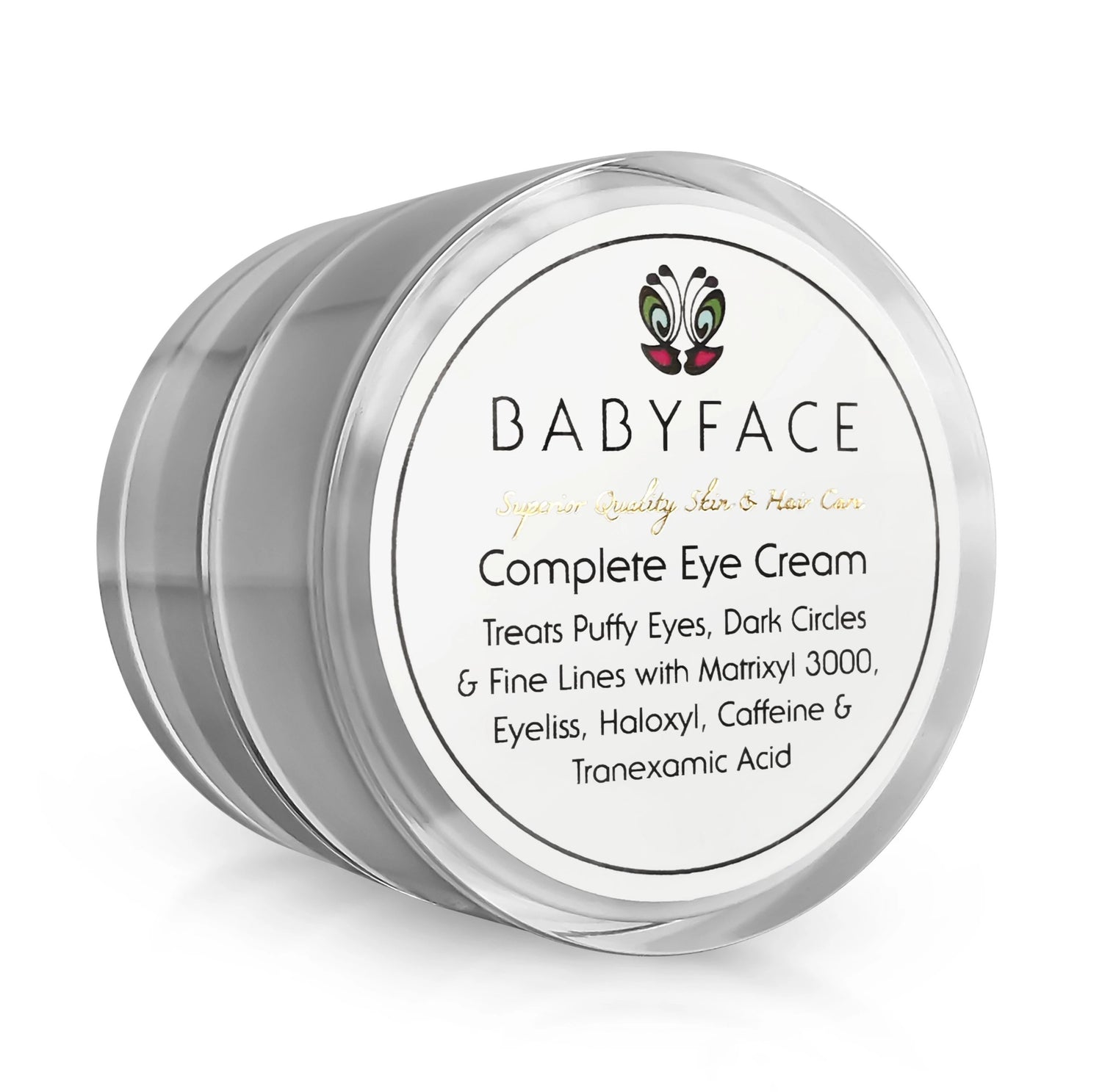Dry Skin? Here's Why You Should Add Omega-3s To Your Diet
Giorgia G.Share

Nothing says winter like chapped lips and dry, flaky skin. As the temperatures plunge down, your skin’s the first to take the hit.
A skincare arsenal of facial oils, hydrating serums and sheet masks goes a long way in keeping your skin soft and healthy during the cold season. But if you find that doesn’t do the job as well as you hoped, it’s time to switch up your diet.
They don’t say “you are what you eat” without reason. What you eat can make all the difference between a dry, weathered face and a supple, glowing complexion.
When it comes to treating dry skin, you need a diet rich in fats. The right kind of fats. Omega-3s to be precise. Here’s how they can help you get rid of dry skin:
What Causes Dry Skin?
Short science lesson: your skin has a protective barrier, an outer layer that keeps moisture in and germs out.
When this layer is intact and your skin has all the moisture it needs, your skin is soft. Supple. Dewy. Your friends says your complexion’s glowing.
Problem is, this protective barrier is always under attack. UV rays, harsh skincare products, over-cleansing and over-exfoliating can all disrupt the skin’s protective barrier.
Now moisture escapes through the holes, turning your skin all dry and flaky. Germs get in now too, causing all kinds of skin irritations.
In winter your skin has it particularly bad. The low temperatures, unrelenting low winds and indoor heating constantly attack your protective barrier, puncturing it here and there. That’s why your skin gets so dry in the colder winter months.
Age plays a part, too. As you get older, your body can’t produce enough lipids to keep your skin's protective barrier strong and healthy. Now weak and thin, the barrier breaks down much more easily.
How Omega-3 Help Cure Dry Skin
Fats get a bad rep, but the good kind is like medicine for dry skin. It gives you the plump, moisturized, dewy skin you’ve always dreamed of.
Remember when I mentioned the skin’s protective barrier? Omega-3 fatty acids are part of the glue that keeps the barrier healthy and whole.
When omega-3 are part of your diet, your skin gets an ongoing supply of glue to keep the skin’s barrier intact. As soon as the cold winter weather makes a dent in it, omega-3 come to the rescue and patch up the hole.
By keeping the barrier whole, these fatty acids keep your skin soft and supple all winter long.
That’s not even the whole story. Omega-3 fatty acids have anti-inflammatory properties to boot.
They reduce the redness and inflammation linked to acne, treat psoriasis and soothe sensitive, dry winter skin.

The Best Omega-3 Rich Foods To Treat Dry Skin
Here are a few omega-3 rich foods to put on your grocery list now to prevent and treat dry skin:
- Acai: this fatty berry is rich in omega-3 fatty acids that nourish dry skin, plus plenty of antioxidants to keep wrinkles at bay. Sprinkle them on your salad to add a fruity taste.
- Almonds: they’re are loaded with nourishing omega-3. Almonds are my fave because they’re rich in vitamin E, an antioxidant that hydrates skin and fights wrinkles at the same time. Keep a bag in your purse and snack on them throughout the day.
- Avocado: there’s a reason everyone’s obsessed with avocado. Its fatty acids keep your skin moisturized while the blend of proteins and vitamins boost your collagen and firm your skin. Go on, have that avo toast.
- Grass-fed beef: if you’re a meat eater, grass-fed beef is one of the healthiest types of meats out there. Free from pesticides, hormones and other toxins, it’s instead loaded with nourishing fatty acids that keep your skin soft and supple. Once a week, serve it with a green leafy salad. Bonus points if you add in some nuts.
- Wild salmon: loaded with omega-3 fatty acids, wild salmon strengthens your skin’s protective barrier and reduces inflammation. Why not add a slice to your avocado toast?
- Walnuts: out of all nuts, walnuts have one of the highest omega-3 content so they’re perfect to keep dry, flaky skin away. Add them to your salad or swap them for your fave chocolate snack.
An omega-3 rich diet is a must for dry skin in the colder winter months. Go on, stock your fridges.
